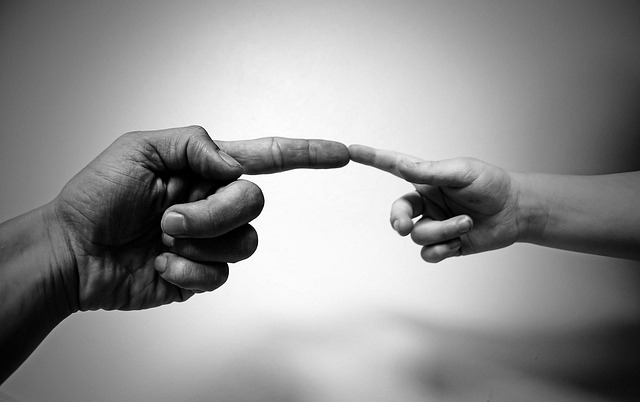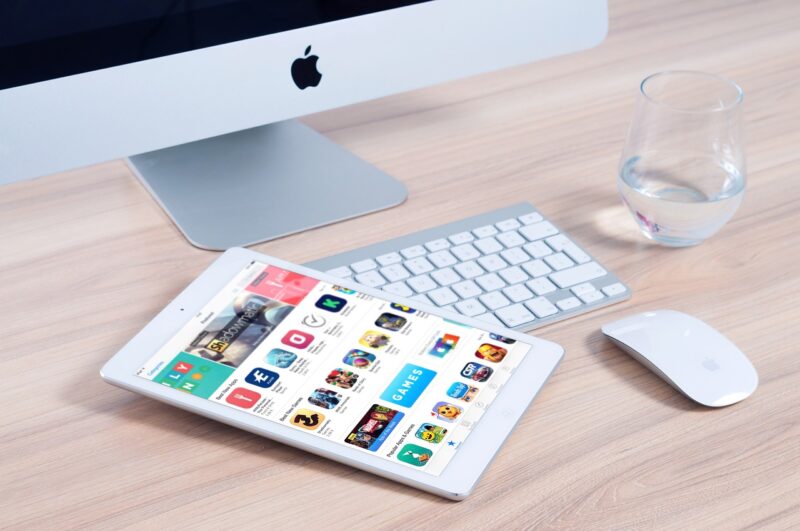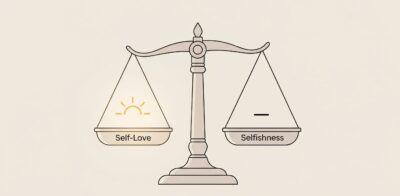Introduction
humble brag opens doors to subtle self-promotion—and yet, it can slam them shut just as quickly. Have you ever felt torn between showcasing your achievements and appearing boastful? How can you share successes without alienating your audience? In this article, you will discover step‑by‑step methods to harness humble brag as a positive force and, when needed, curb its negative effects. With engaging examples, clear strategies, and practical guidance, you will learn to strike the perfect balance between confidence and humility.
Table of contents
1. Humble Brag: Definition and Core Elements
Communication experts describe humble brag as a blend of self‑deprecation and self‑praise packaged into one message. Instead of overt boasting, the speaker appears modest while still spotlighting their achievements.
1.1 Components of a Humble Brag
Self‑Deprecation Cue: A brief admission of insecurity or flaw.
Achievement Reveal: A slip‑in of a positive accomplishment.
Tone of Sincerity: Language that suggests genuine humility rather than manipulation.
1.2 Why People Use Humble Brag
To Build Rapport: Therefore, it can feel more relatable than pure bragging.
To Manage Image: Moreover, it allows individuals to control how others perceive their success.
To Mitigate Backlash: On the other hand, the self‑deprecating element softens potential envy.
2. Humble Brag: Steps to Cultivate Positive Self-Presentation
When used mindfully, humble brag can foster trust and connection. Follow these steps to ensure your self‑promotion feels authentic and uplifting.
2.1 Reflect on Your Intentions
Step 1: Ask yourself, “Am I sharing this to inspire or to impress?”
Step 2: If inspiration drives you, proceed. If not, consider a simpler statement.
2.2 Balance Praise with Value
Step 1: Pair your achievement with insights. For example:
“I struggled with time management, but after completing the 2023 leadership course, I learned three techniques that doubled my team’s output.”
Step 2: Offer those techniques as actionable tips.
2.3 Use Genuine Emotion
Step 1: Express gratitude: “I’m grateful for…”
Step 2: Mention challenges: “It wasn’t easy when…”
2.4 Choose the Right Platform
Step 1: Opt for personal conversations or small group settings.
Step 2: Reserve mass announcements for truly significant milestones.
2.5 Monitor Audience Feedback
Step 1: Watch for signs of engagement: questions, smiles, or follow‑up requests.
Step 2: If listeners seem distant or skeptical, pivot to purely informational sharing.
3. Humble Brag: Strategies to Reduce Unwanted Perception
If you notice that your attempts at modesty backfire, apply these tactics to tone down your message and rebuild genuine connection.
3.1 Simplify Your Language
Guideline: Remove any hint of boasting.
Example: Change “I can’t believe I sold 1,000 units in a day!” to “I’m surprised by yesterday’s sales—it was quite a learning experience.”
3.2 Emphasize Others’ Contributions
- Acknowledge teammates by name.
- Highlight collaborative effort: “Our marketing lead suggested…”
- Showcase client feedback: “Our customers told us…”
3.3 Shift Focus to Shared Goals
Technique: Frame achievements as milestones toward a communal vision.
Sample Statement: “Reaching this target moves us all closer to innovative solutions for our community.”
3.4 Practice Active Listening
Action Steps:
- After sharing, invite questions: “What do you think worked best?”
- Listen without interrupting.
- Validate others’ input before adding more.
3.5 Solicit Honest Feedback
Method: Ask a trusted peer: “Did my message come across as genuine?”
Follow‑Up: Tweak your phrasing based on their suggestions.
4. Humble Brag: Realistic Scenarios in Communication
To bring these concepts to life, explore these four detailed examples. Each unfolds like a short film, complete with setting, characters, and dialogue—but all entirely original.
4.1 Example 1: The Team Leader’s Presentation
A bright conference room on a Monday morning.
Sara begins, “I almost missed the deadline again, but after our all‑night brainstorming session, we secured five new clients.”
Action: She then shares three innovative selling points and credits her graphic designer for the stunning visuals.
Outcome: Her team feels proud, and the clients appreciate the collaborative spirit.
4.2 Example 2: The Job Interview
Two interviewers seated across from Khalid in a well‑lit office.
Khalid states, “I’ve been turned down by top firms before, yet I managed to lead a project that increased efficiency by 30% last quarter.”
Action: He outlines the specific tools he used and praises his former manager for mentorship.
Outcome: The panel values his resilience and tangible results over mere boasting.
4.3 Example 3: The Networking Event
A bustling evening mixer at a neutral venue.
Fatima says, “I’m still getting used to public speaking, so I was thrilled when my talk at the tech meetup reached over 200 attendees last week.”
Action: She invites listeners to ask questions and offers to share her slide deck.
Outcome: Guests engage eagerly, asking for her tips and building genuine rapport.
4.4 Example 4: The Social Media Update
A LinkedIn post on a Tuesday afternoon.
Post: “I almost forgot to thank my mentor again, but thanks to their guidance, our team hit the $50K revenue mark in April 2025.”
Action: The post tags collaborators and links to a free case study.
Outcome: The update sparks 150 comments—half sharing personal thank‑you stories, half requesting advice.
Conclusion: Balancing Self‑Disclosure and Humility
Humble brag, when wielded thoughtfully, becomes a bridge between confidence and compassion. By reflecting on your intentions, tuning your language, and engaging your audience, you transform subtle boasting into sincere storytelling. Conversely, when you sense discomfort, apply the strategies above to restore trust and authenticity. Ultimately, mastering humble brag empowers you to share your journey—without overshadowing those around you.
references
Warning: The provided links lead only to the specified content. Other areas of those sites may contain material that conflicts with some beliefs or ethics. Please view only the intended page.
- Wikipedia – Humblebrag (definition, etymology, psychological impacts)
en.wikipedia.org - Psychology Today – The Psychology of Humblebragging by Mariana Plata, July 11, 2018
psychologytoday.com - Time – Humblebragging Makes People Dislike You, According to Science by Jamie Ducharme, January 10, 2018
en.wikipedia.org - Journal of Pragmatics – “I don’t mean to humblebrag”—on the reception of humblebrags from a cognitive‑pragmatic perspective by Baiyao Zuo, 2023
en.wikipedia.org - arXiv – “My life is miserable, have to sign 500 autographs everyday”: Exposing Humblebragging, the Brags in Disguise by Sharath Naganna et al., December 28, 2024
arxiv.org


















